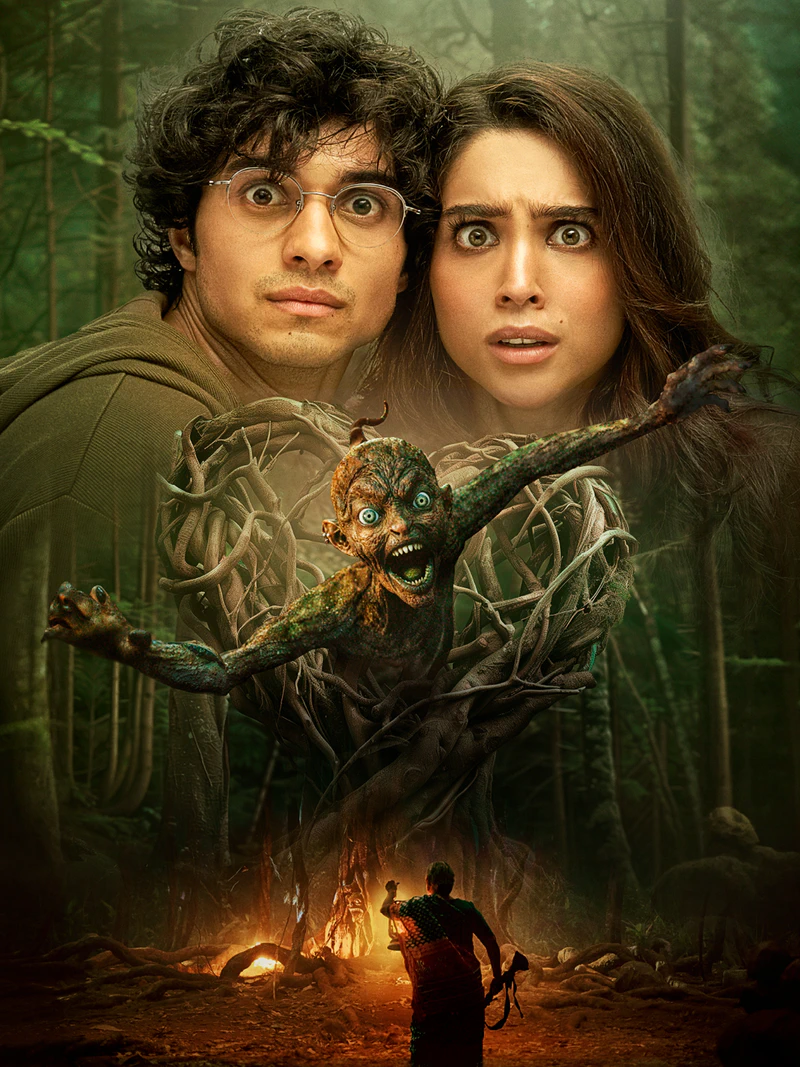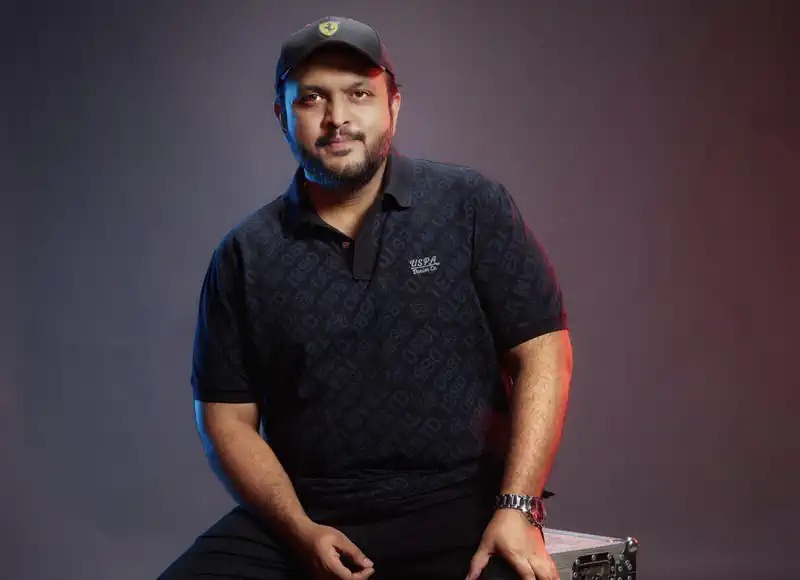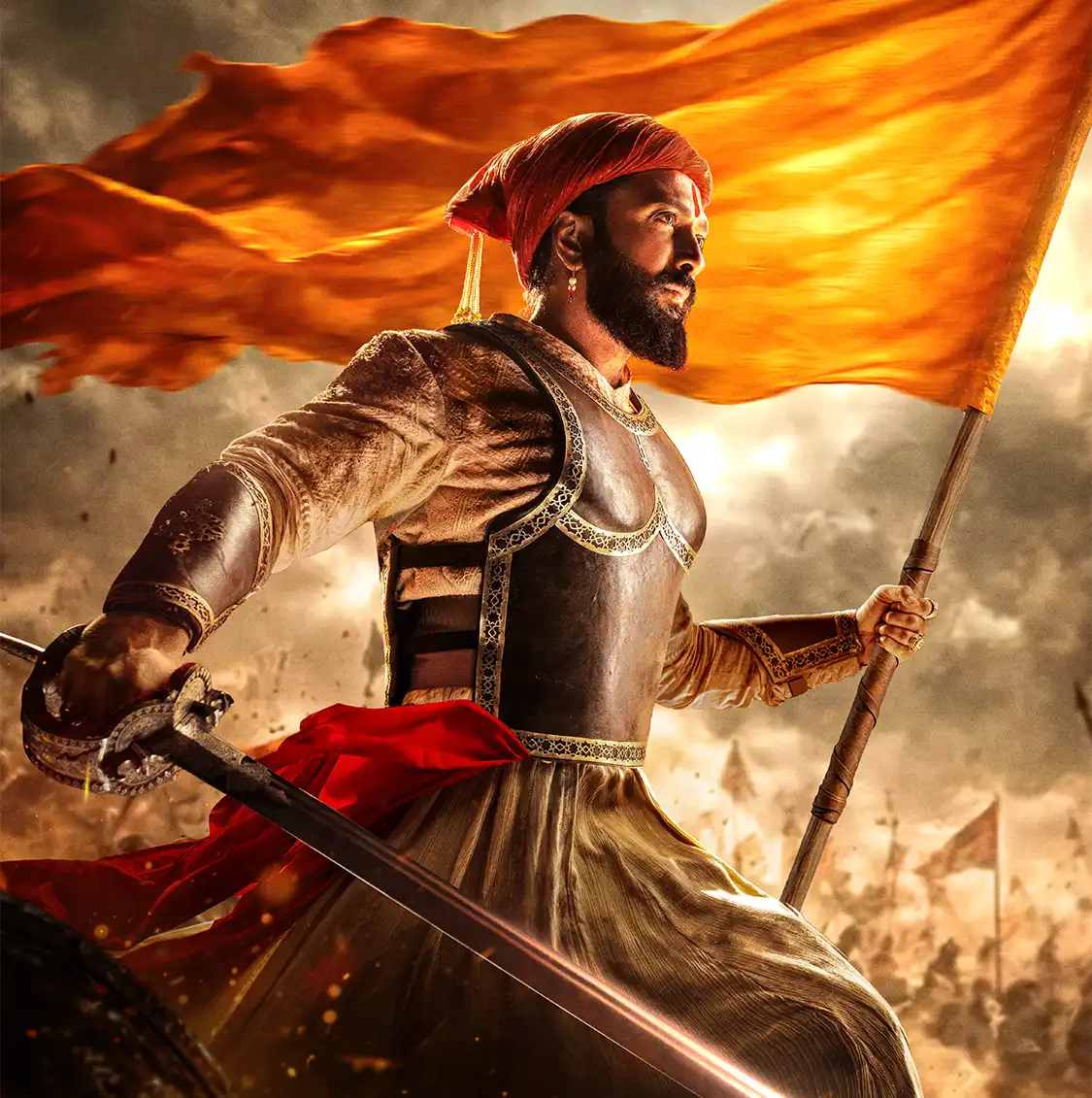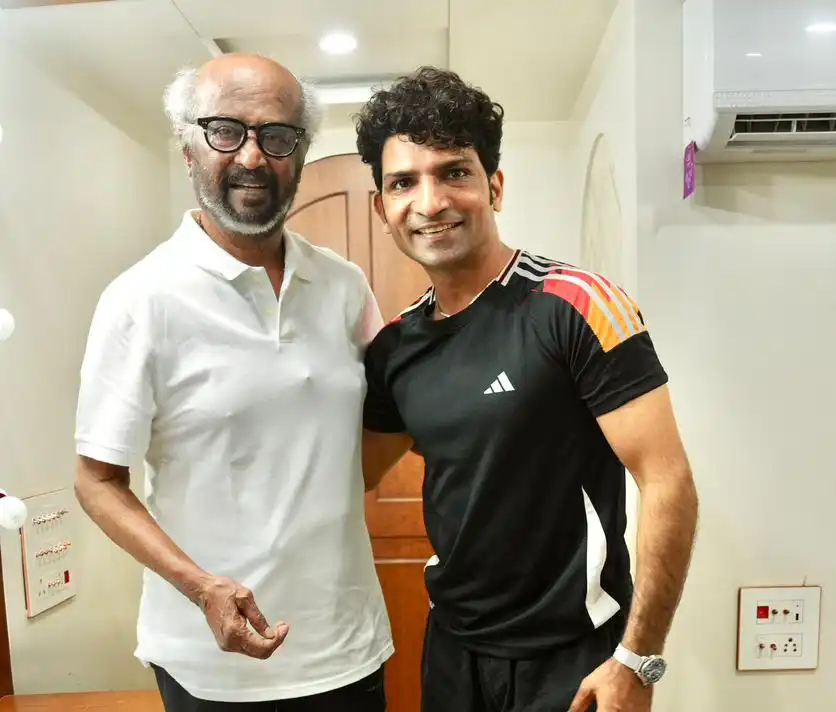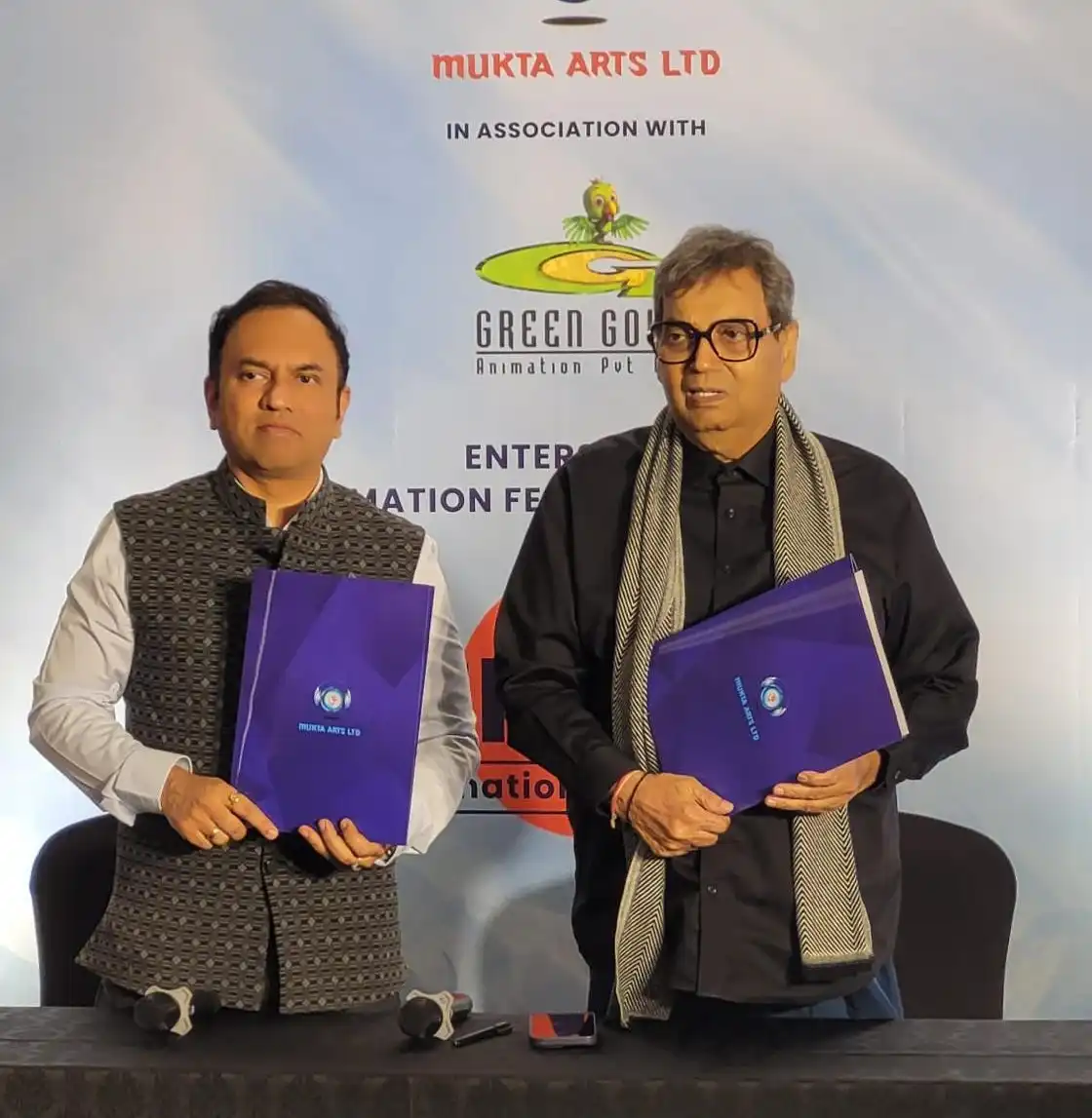Aditya Sarpotdar, a distinguished fourth-generation filmmaker, continues a storied family legacy in Indian cinema as a director who debuted with the Marathi film Uladhaal in 2009 and has since directed 9 feature films and 3 shows, earning both critical and commercial success. Known for Marathi blockbusters like Mauli, Classmates, Zombivli and Faster Fene among others, Aditya is now poised to make his Hindi theatrical debut with Munjya, helmed by Dinesh Vijan’s Maddock Films, marking an exciting new chapter in his illustrious career. Interestingly, Aditya’s family will soon complete a century in the industry – his great grandfather, ND Sarpotdar, pioneered the Aryan Film Company in 1927; his grandfather, Vishwas Sarpotdar, was a renowned Marathi film producer and distributor; while his father, Ajay Sarpotdar, made a mark in the advertising world, producing over 200 commercials contributing significantly to the early Indian film industry. Aditya began his career assisting his father before working with the acclaimed ad filmmaker Abhinay Deo.

Featuring Abhay Verma, Sharvari, Mona Singh, Suhas Joshi, S Sathyaraj among others, the film Munjya, set for a theatrical release on June 7, 2024, is based on a famous folklore from the Konkan region of Maharashtra. According to local beliefs, Munjya is the spirit of a Brahmin boy who died an untimely death after his Munja ceremony, which is a thread ceremony marking the boy’s transition into the Brahmacharya phase of his life. Another ceremony, the Sod Munja, typically conducted as part of marriage rituals, marks the transition of the boy from the Student phase to the Grihastha phase. If a man passes away unmarried after his Munja has been performed but before his Sod Munja, he becomes a Munjya—a spirit believed to dwell in Peepal trees or near wells.
Throwing light on what inspired Aditya to make Munjya, he shares how his childhood memories spent in the Konkan region helped him shape the narrative. He avers, “As my family hails from Konkan and I used to visit my ancestral town during my childhood, I learned about Munjya through local stories and family anecdotes. These tales were often shared by elders during gatherings, festivals, or casual conversations. As a filmmaker, I have always wanted to bring these stories to a wider audience, showcasing our Indian folklore through the powerful medium of cinema. So, when I was approached by Maddock Films to direct this fascinating story, written by Yogesh Chandekar, I saw this as a unique opportunity to combine my personal connection to the subject, to honour my roots, and to share the captivating myth of Munjya with the world.”
